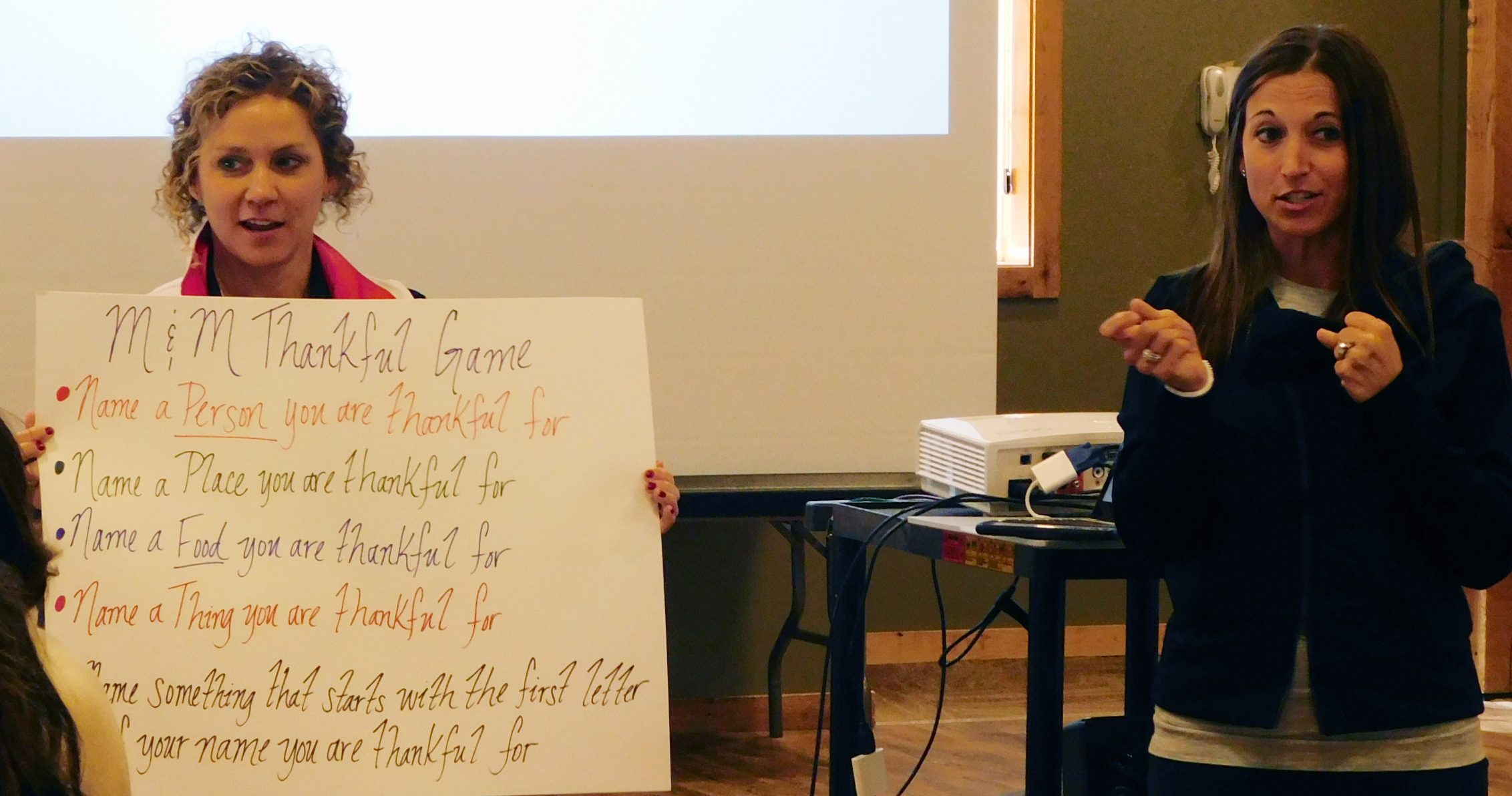Children, Families, and the Law, Center on

Center on Children, Families, and the Law: Faculty Publications
Document Type
Article
Date of this Version
2009
Citation
Published (as Chapter 13) in Child Welfare Supervision: A Practical Guide for Supervisors, Managers, and Administrators, edited by Cathryn C. Potter and Charmaine R. Brittain. Oxford University Press, 2009, pp 330–362.
Abstract
One of the primary roles of a supervisor is to manage worker performance. Performance management is the "continuous process of identifying, measuring, and developing the performance of individuals and teams and aligning performance with the strategic goals of the organization" (Aguinis, 2007, p. 2). Supervisors must regularly assess current performance levels and take steps to improve performance in a way that is congruent with agency goals. The ultimate goal is to achieve agency objectives through individual and team performance.
To effectively manage performance, supervisors must know what the performance expectations are for workers and clearly communicate these expectations to workers. They must regularly monitor and document performance while taking steps to facilitate and improve performance. In the event of unsatisfactory performance patterns, supervisors must analyze and address performance problems, sometimes using disciplinary measures. Finally, formalized performance management systems may include standardized performance evaluations, which supervisors will be expected to complete. In carrying out these multiple responsibilities, supervisors must be aware of and operate within legal guidelines for performance management.
Child welfare supervisors with case management experience will find themselves well prepared to manage worker performance. The responsibilities are not unlike those required to help families ensure the safety and well-being of their children. Case management skills related to assessment, collaborative planning, goal setting, problem solving, progress evaluation, and documentation are valuable assets for evaluating and facilitating worker performance. Child welfare supervisors should capitalize on these strengths as they seek to help workers succeed.
Included in
Administrative Law Commons, Courts Commons, Criminology and Criminal Justice Commons, Domestic and Intimate Partner Violence Commons, Family Law Commons, Family, Life Course, and Society Commons, Juvenile Law Commons, Law and Psychology Commons, Law Enforcement and Corrections Commons, Nonprofit Organizations Law Commons, Social Policy Commons, Social Welfare Commons, Social Welfare Law Commons


Comments
Copyright © 2009 Oxford University Press Inc. Used by permission.